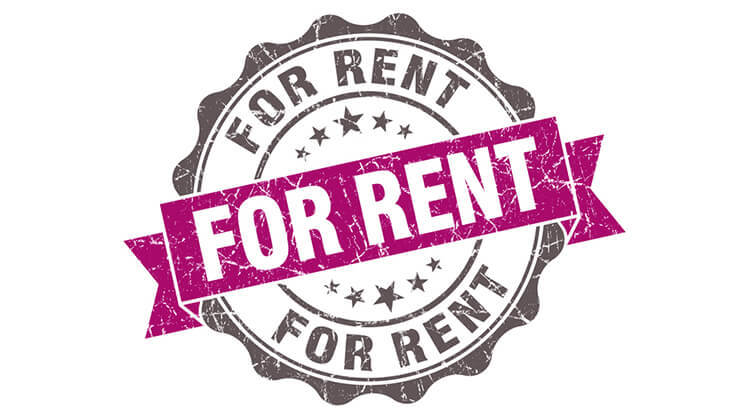Borrowing within your means

While your lender will give you a maximum borrowing amount, it’s essential that you determine your own borrowing capacity when searching for your new home.
The choices you make when taking out a mortgage have long lasting implications – so you need to approach borrowing with a healthy attitude.
How much you can borrow and how much you should borrow can be two very different things. While your lender should not let you borrow more than you can afford, ultimately the choice is yours – so be careful not to over commit yourself.
"Ultimately the choice is yours – so be careful not to over commit yourself."
When determining your borrowing capability, start by measuring your income against expenses, including your mortgage repayments. A good rule of thumb is that no more than 35 per cent of your gross monthly income should go towards servicing your mortgage.
Lenders use a similar method to work out how much to lend you. As a general rule, the bigger deposit you have and the higher your income, the more they should be willing to lend. This is particularly the case following the global economic crisis as banks have become even more risk averse.
Here are some factors to take into account when determining how much you should borrow rather than how much you can:
How much debt can I handle?
Don’t over commit. Borrowing too much can be a big strain on your personal life and lifestyle. Think about what aspects of your lifestyle you may be willing to give up, and those that you can’t.
Am I being realistic?
Houses are like stepping stones – it’s probably best to start with something affordable and move towards your dream home as your personal earning capacity and equity grows.
What are my plans?
Think about what the future holds – both personally and financially. Are you a one or two income household and is this likely to change in the future?
What about interest rates?
Consider how any rate rise will impact on your ability to make repayments and factor that in when setting your borrowing limits. And don’t forget, there are added extras when purchasing a house, like solicitors and application fees, as well as ongoing commitments including council rates and utility bills – so consider these costs when determining how much you can borrow.





